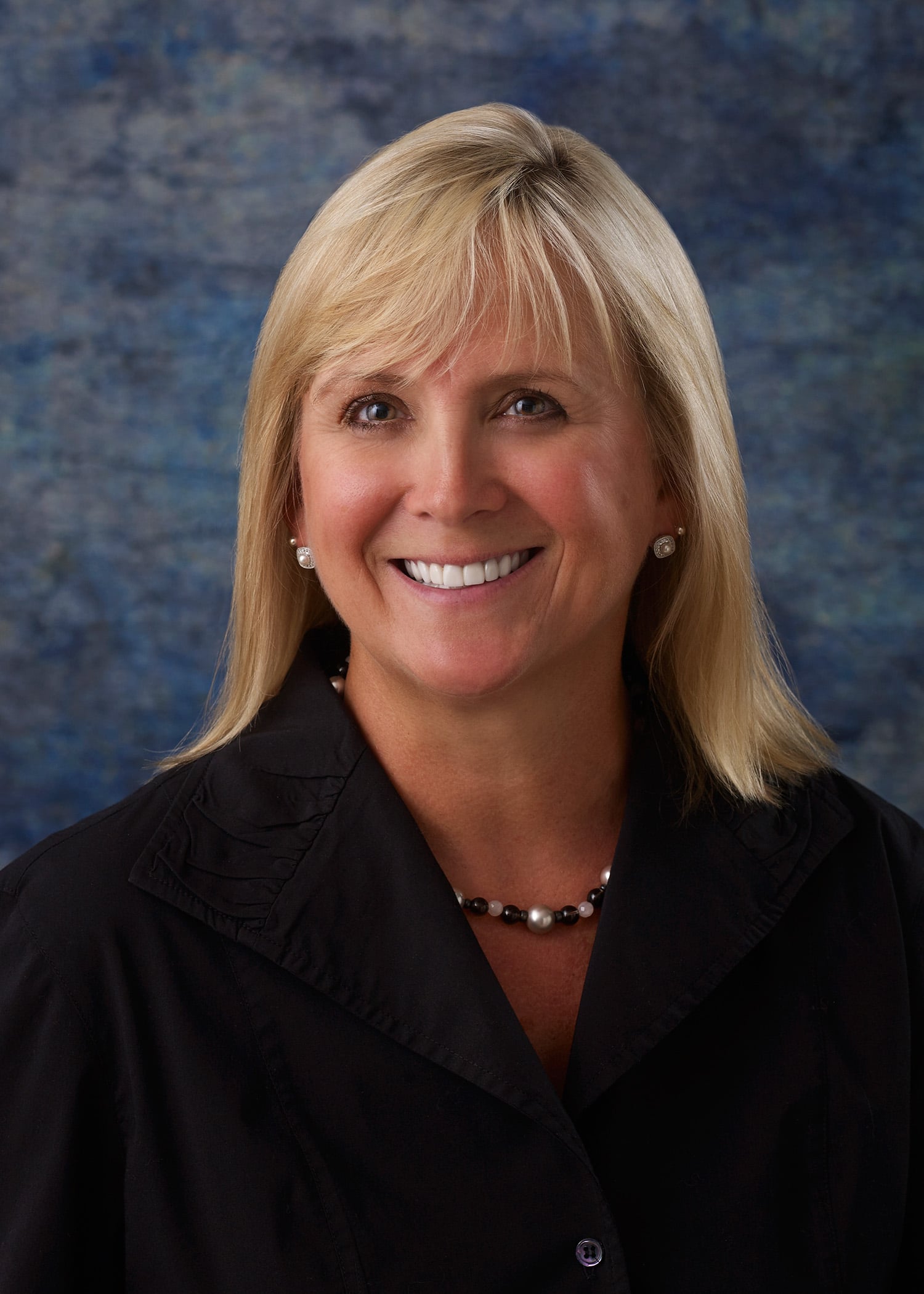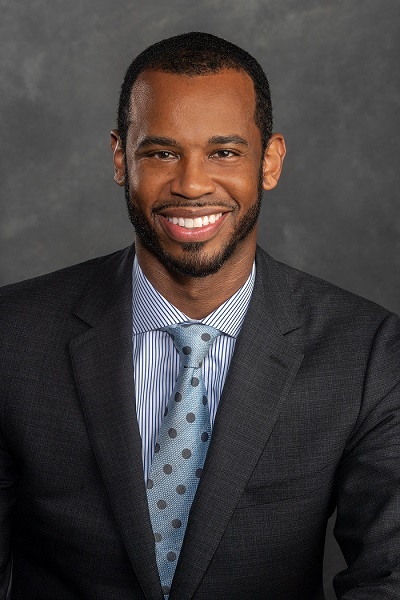Beth Cook and Michael Elliott join the CMH board of directors.

Beth Cook of Bracey, Virginia, is the newest board member at VCU Health Community Memorial Hospital. With real estate licenses in Virginia and North Carolina, she has been servicing the Southside Virginia and Lake Gaston community since 1987 and is the co-owner of EXIT Town & Lake Realty. She is a native of Southside Virginia originally from nearby South Boston. Since 2011, Cook has also been serving on both the Roanoke Valley Lake Gaston Board of Realtors and MLS Board.
“I’m looking forward to being an ear for the citizens of how VCU Health CMH can better serve our community,” Cook said.
She hopes to impact the hospital’s continued growth to expand services so residents don’t have to drive out of town for health care.

Michael Elliott, Pharm.D., is also joining the CMH board as a VCU Health representative. He is the inaugural chief operating officer of VCU Health System. Elliott earned his Master of Science in Health Administration and his Doctor of Pharmacy from Virginia Commonwealth University. He serves on several professional and community boards and committees including the American Hospital Association Community and Population Health Advisory Committee. He comes to VCU Health from Centra Health in Lynchburg, Virginia.
“I’m excited to advance health equity throughout the commonwealth,” Elliott said. “I served at other health systems in rural areas so I understand the issues our patients face.”
VCU Health CMH is governed by a 14-member volunteer board of directors. The members leaving the board this year are William E. Wells Jr., and David Chelmow, M.D.
The officers of the CMH board of directors for this year are: Jay Stafford representing Lunenburg, Virginia, chairman; and Don Bright representing Mecklenburg, Virginia, treasurer.
Other board members include: R. Clinton Clary Jr., Krysta McKenna Luzynski, Michael Rowe, Cecil Shell, Kendele Underwood and Ronald Thornhill, Ph.D. Ralph “Ron” Clark, M.D., Catherine Palmer, M.D., and Tom Yackel, M.D., represent VCU Health. Kirk Hasenmueller, M.D., represents the CMH medical staff as chief of staff, and Will Woodall represents the CMH Auxiliary as auxiliary president.